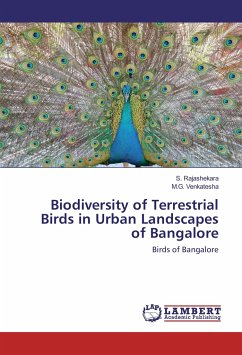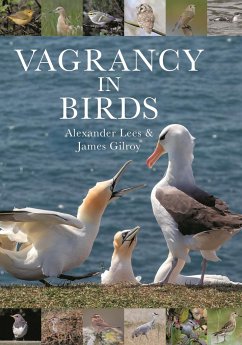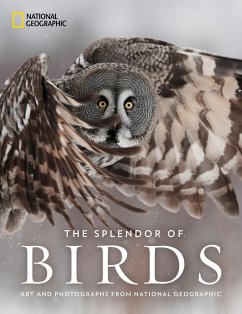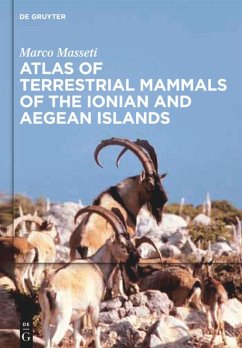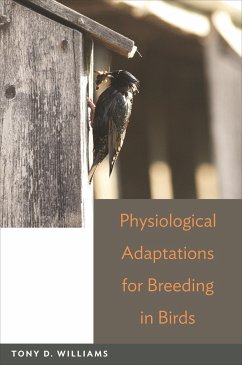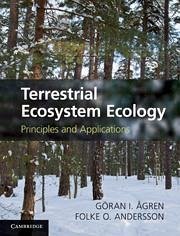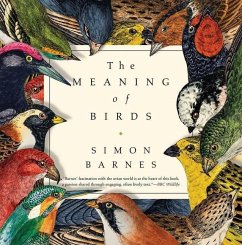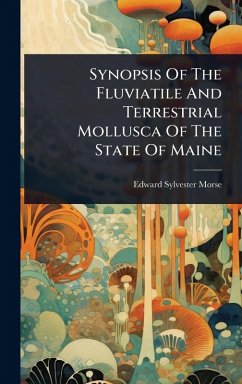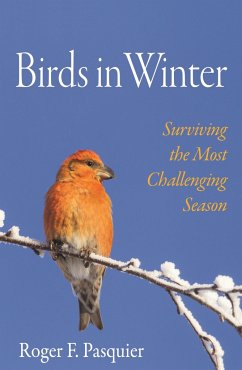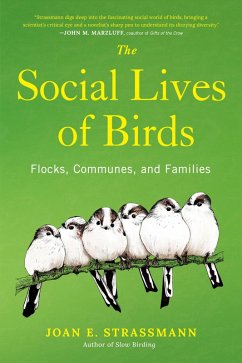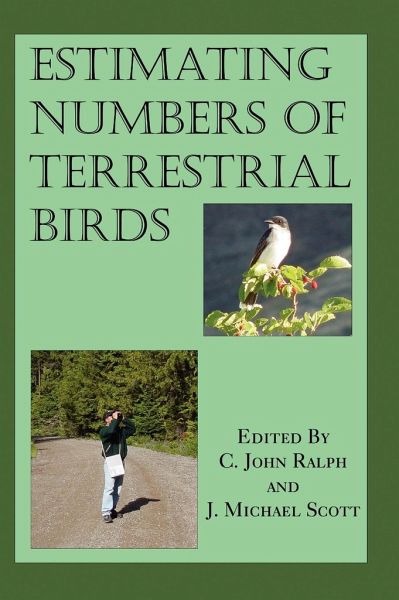
Estimating Numbers of Terrestrial Birds
Versandkostenfrei!
Versandfertig in 1-2 Wochen
81,99 €
inkl. MwSt.

PAYBACK Punkte
41 °P sammeln!
This book was originally published in 1981 as a publication of the Cooper Ornithological Society and was based on the proceedings of a meeting of biologists and statisticians in Asilomar who gathered to examine the methods and assumptions used in estimating bird numbers. Counting birds has a long tradition. It is the currency of many ornithological studies. Bird counts have been seminal in our knowledge of bird migration, competition, ecology, population dynamics, environmental adaptation, impact of human alterations and island biogeography. Interest in estimating bird numbers remains high tod...
This book was originally published in 1981 as a publication of the Cooper Ornithological Society and was based on the proceedings of a meeting of biologists and statisticians in Asilomar who gathered to examine the methods and assumptions used in estimating bird numbers. Counting birds has a long tradition. It is the currency of many ornithological studies. Bird counts have been seminal in our knowledge of bird migration, competition, ecology, population dynamics, environmental adaptation, impact of human alterations and island biogeography. Interest in estimating bird numbers remains high today but is often plagued by unasked or unanswered questions regarding sampling methods and treatment of the results. This book recorded the outcome of a meeting held to address these and other questions. It led to better understanding of what can and cannot be done with datasets. This volume remains a primary source of information on censusing of birds and other animals, and is frequently quoted in the primary literature of today. Since this volume went out of print some six years ago, demand has markedly increased for copies which are essentially unavailable, attesting to its currency today. C. John Ralph, received his Bachelors from the University of California, Berkeley and his doctorate from The Johns Hopkins University. Most of his early research was on bird migration and orientation. After a stint teaching at Dickinson College in Pennsylvania, he moved to Hawaii in 1976 where he began work on endangered forest birds for the Forest Service as a Research Ecologist. In 1981 he and his family moved to Arcata to join the Forest Service's Redwood Sciences Laboratory. One of his principal research topics there has been on an old-growth dependent bird, the Marbled Murrelet, involving extensive research from Alaska to California. His other principal work is on landbird monitoring, especially involving census and constant effort mist netting. Since 1994 he has directed research at a bird monitoring station in Costa Rica, now one of the longest running stations in Latin America. Beginning in 1980 he conducted research on an island off New Zealand involving monitoring and reintroduction of native birds. He has published more than 150 scientific articles and edited several books on bird monitoring and the Marbled Murrelet.





